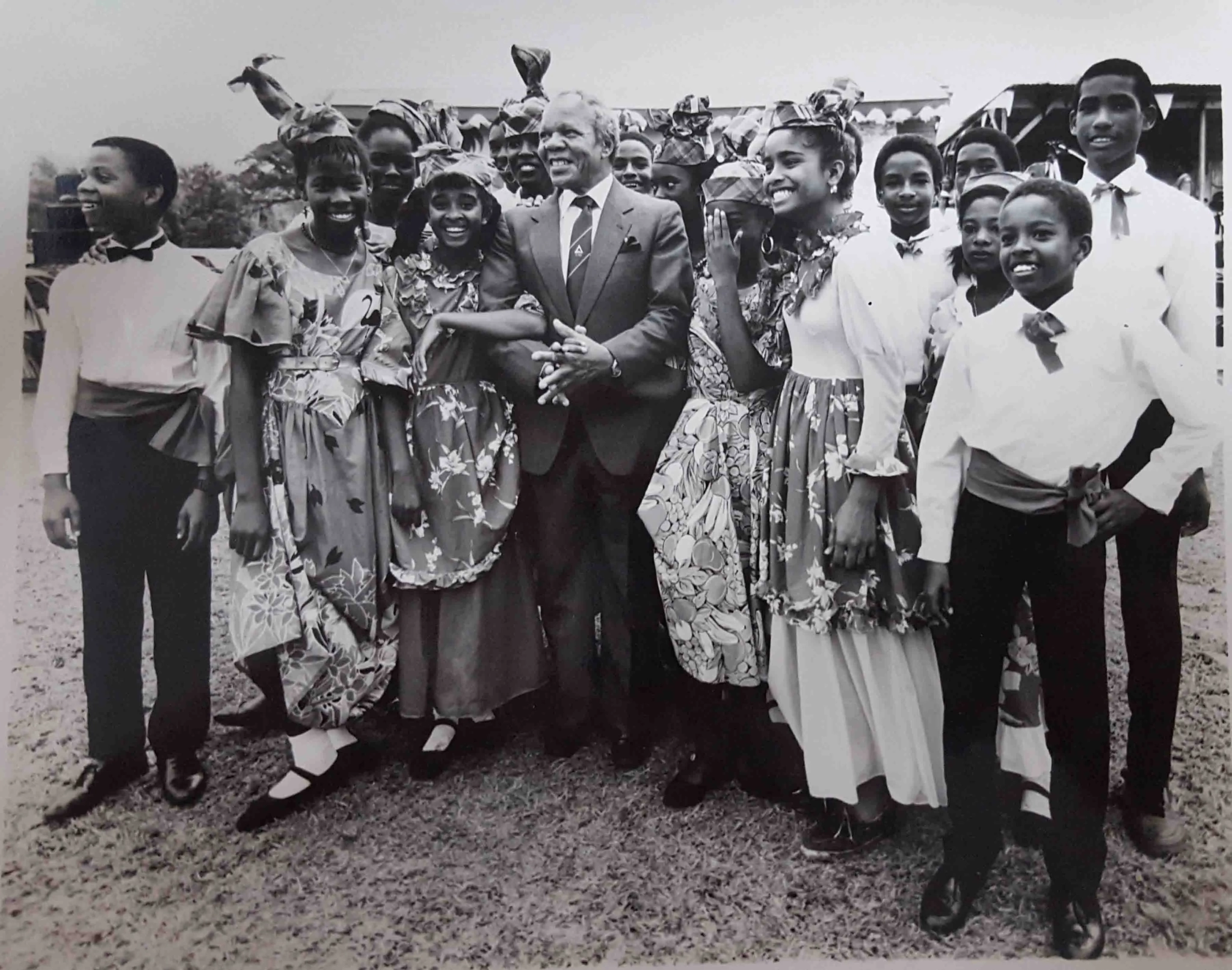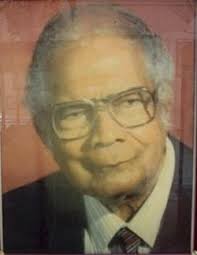Exploring the nation’s democratic journey – its electoral system, voting patterns and two-party rivalry
The bell has rung
The proverbial bell rang on Sunday, November 9, when Prime Minister Philip J. Pierre announced that general elections would be held on December 1.
Some readers have asked about the origin of the phrase “ring the bell”. Our research traces it to the British Parliament, where bells were physically rung to summon members to vote. In the United States, the Justice Bell was famously rung in Philadelphia in 1920 to celebrate women’s suffrage. Today, many legislative bodies use division bells to signal the start and end of voting periods.

What Dissolution of Parliament Means
The announcement of an election date also signals the dissolution of Parliament. But what does that entail?
According to the Constitution:
- The Governor-General may prorogue or dissolve Parliament (Section 55(1)), acting on the advice of the Prime Minister, except in specific constitutional circumstances (Section 55(4)).
- Parliament automatically dissolves five years after its first sitting if not dissolved sooner (Section 55(2)).
- Upon dissolution:
- The House of Assembly and Senate cease to meet
- No new laws can be passed
- All Members of Parliament vacate their seats
- Parliamentary work is paused until a new Parliament is elected
During this period, Parliament is effectively non-functional.

The Election Timeline
With the election date announced on November 9, Saint Lucia entered a 21-day campaign period.
Under Section 56(1) of the Constitution, a general election must be held within three months of Parliament’s dissolution.
This marks the official start of the election season, during which political parties campaign for the support of citizens expected to exercise their democratic right to vote. Power shifts from
Parliament to the people, who will choose the next set of representatives.
Importantly, the dissolution of Parliament does not affect the Executive or Cabinet, which continues to function.

Nomination Day and Candidate Eligibility
Nomination Day has been set for November 21. On this day, candidates and parties must formally register their intention to contest the general elections with the Electoral Office.
To be eligible for nomination to the House of Assembly, a candidate must:
- Be a citizen of Saint Lucia
- Be at least 21 years old
- Be born in Saint Lucia and domiciled and resident there at the time of nomination, or have resided in Saint Lucia for the 12 months immediately preceding nomination
- Be proficient in English to actively participate in parliamentary proceedings
- Not owe allegiance to a foreign power
- Not be a minister of religion
- Not be an undischarged bankrupt
- Not be certified insane or of unsound mind
- Not be under sentence of death or serving a prison sentence exceeding 12 months
- Not be disqualified due to government contract interests or election-related offences
- Not hold or act in any public office
- Not hold an office connected with the conduct of elections or the compilation of electoral registers
A Brief Political History Since Independence
Saint Lucia gained independence from Britain on February 22, 1979. Its Parliament comprises the Governor-General (as the monarch’s representative), a Senate, and a House of Assembly.
Sir Allan Lewis served as the first Governor-General, and John Compton became the first Prime Minister.
Here’s a snapshot of Saint Lucia’s post-independence electoral history:
- 1979: The Saint Lucia Labour Party (SLP) defeated the United Workers Party (UWP) 12–5. Allen Louisy became Prime Minister.
- 1982: Following internal SLP divisions, the UWP won 14 seats. George Odlum’s new Progressive Labour Party (PLP) won 1.
- 1987: UWP won 9–8. A second election three weeks later yielded the same result. SLP MP Neville Cenac later crossed the floor, giving UWP a 10–7 majority.
- 1992: UWP increased its majority to 11–6.
- 1996: Sir John Compton resigned; Dr Vaughn Lewis became Prime Minister.
- 1997: SLP, led by Dr Kenny Anthony, won a landslide 16–1.
- 2001: SLP retained power with a 14–3 victory. New parties entered the race, including the National Alliance, STAFF Party, and Saint Lucia Freedom Party.
- 2005–2006: Sir John returned to lead the UWP. Vaughn Lewis joined the SLP. Richard Frederick entered politics via a by-election and later won Castries Central for the UWP.
- 2006: UWP won 11–6. Sir John, at 81, became the oldest serving leader.
- 2009: Sir John passed away; Stephenson King became Prime Minister.
- 2011: SLP returned to power, defeating UWP 11–6. The Lucian People’s Movement and Lucian Greens also contested.
- 2016: Allen Chastanet led the UWP to an 11–6 victory. Richard Frederick was ousted from the party.
- 2021: Frederick and Stephenson King ran as independents after leaving the UWP. Both won their seats. The SLP won 15 seats; the UWP just two. Philip J. Pierre was sworn in as Prime Minister, with Frederick and King joining his Cabinet.
Looking Ahead
The upcoming general election, scheduled for December 1, 2025, could have been delayed until November 2026. This marks the third post-Independence election to be held in December. The previous two were split: the SLP won in 2001, and the UWP in 2006.
Fun Fact: Every election won by the SLP has occurred in an odd-numbered year – 1979, 1997, 2001, 2011 and 2021.



